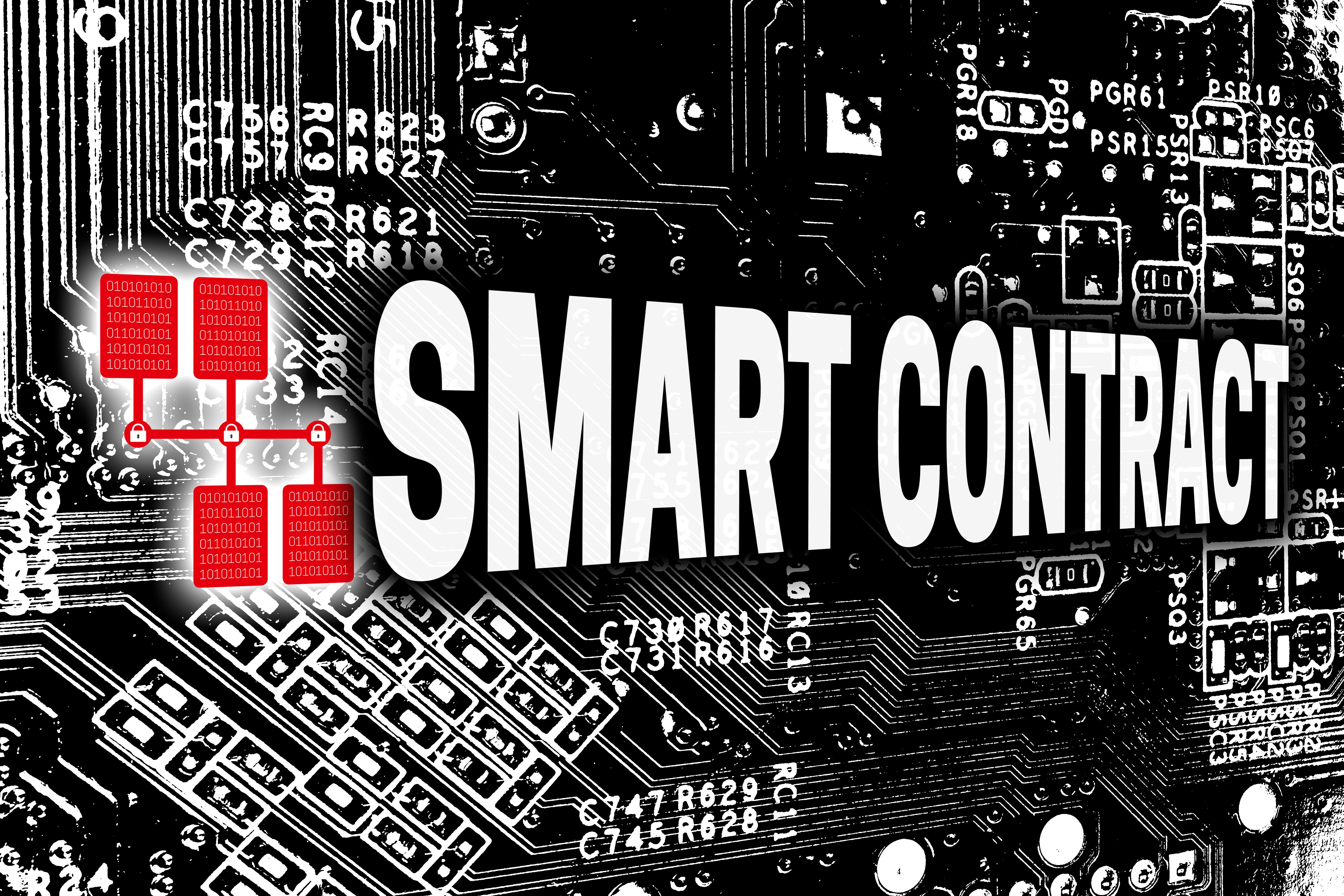Understanding Smart Contracts: A Beginner's Guide
DM
What Are Smart Contracts?
Smart contracts are self-executing contracts with the terms of the agreement directly written into lines of code. They run on a blockchain, which is a decentralized and distributed ledger technology. The main advantage of smart contracts is that they remove the need for intermediaries, allowing for trustless and automated transactions between parties.
These contracts are programmed to execute specific actions when predefined conditions are met, making them highly efficient and secure. Because they are stored on a blockchain, they benefit from the immutability and transparency that this technology offers, ensuring that the terms of the contract cannot be altered once created.

How Do Smart Contracts Work?
Smart contracts operate by following simple "if/when...then..." statements that are written into code on a blockchain. A network of computers executes the actions as soon as predetermined conditions are met and verified. These actions could include releasing funds to the appropriate parties, registering a vehicle, sending notifications, or issuing a ticket.
The blockchain is updated when the transaction is completed, meaning the transaction cannot be changed and only parties granted permission can see the results. This level of automation not only speeds up processes but also reduces errors and costs associated with manual handling.
Components of Smart Contracts
Smart contracts generally comprise three key components:
- Signatories: The parties involved in the contract who use digital signatures to approve or disapprove terms.
- Subject: The specific conditions under which the contract is executed.
- Object: The service or product that will be exchanged under the agreement.

The Benefits of Smart Contracts
Smart contracts offer numerous advantages over traditional contracts. Some of these benefits include:
- Efficiency: Automated processes reduce the time required for contract execution and eliminate the need for middlemen.
- Accuracy: The reduction in human involvement minimizes errors and ensures precise execution of terms.
- Security: Blockchain technology ensures that smart contracts are secure and tamper-proof.
- Savings: Cutting out intermediaries reduces transaction costs significantly.
Real-World Applications of Smart Contracts
The potential applications of smart contracts are vast and varied. They can be used in industries such as finance, real estate, healthcare, and supply chain management. For instance, in real estate, smart contracts can automate property transactions by managing agreements between buyers and sellers without the need for brokers.
In healthcare, smart contracts can ensure secure and efficient handling of patient data and billing systems. Supply chains can benefit from transparent tracking of goods, ensuring that products move smoothly from manufacturer to consumer.

The Future of Smart Contracts
The future looks promising for smart contracts as more industries begin to recognize their potential. With ongoing advancements in blockchain technology, we can expect to see even more sophisticated and versatile smart contracts in the years to come.
As adoption grows, smart contracts could revolutionize how we conduct business and manage agreements, offering a faster, cheaper, and more secure alternative to traditional methods. As with any technology, challenges remain, but the potential benefits make it a burgeoning field worth watching.
